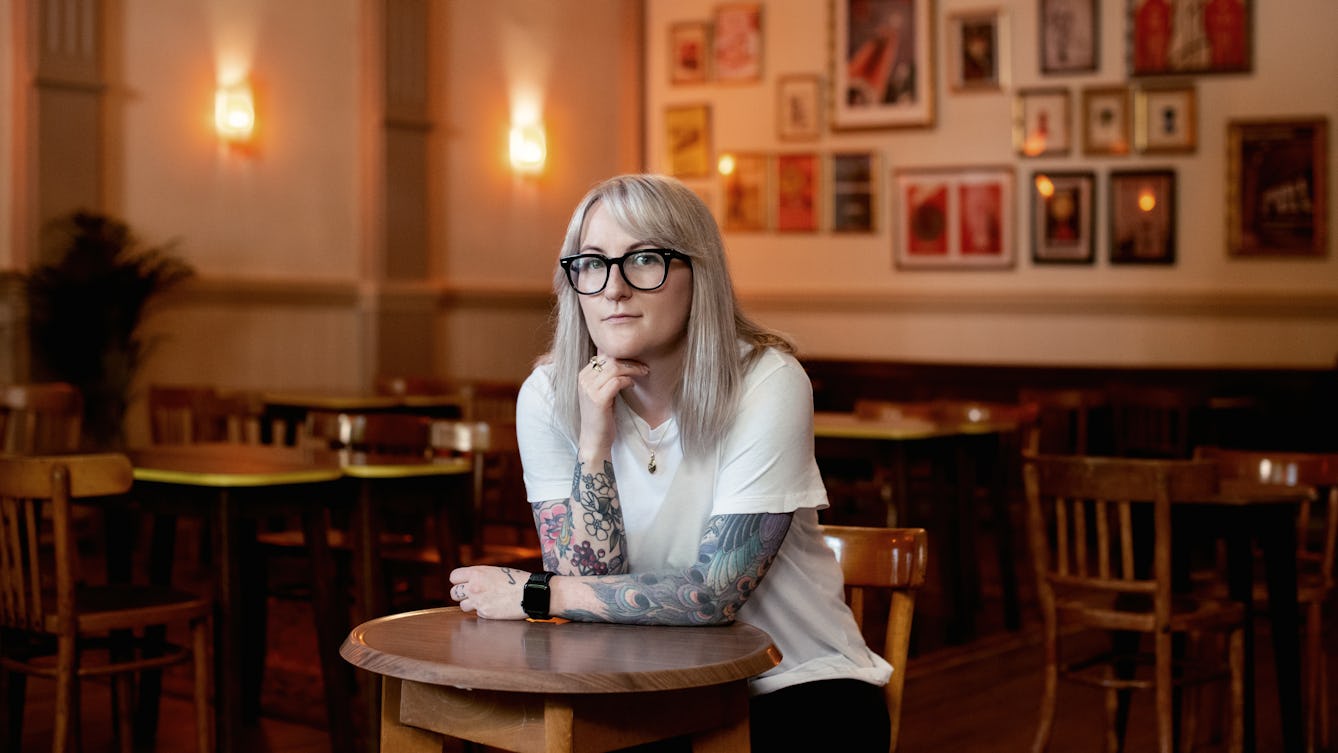
- Article
- Article
How to be poor and happy
Money, security, self-sufficiency and charitable giving have long been linked to happiness. But what if you’re working class?

- Article
- Article
Eugenics and the welfare state
Indy Bhullar explores the ideas of William Beveridge and Richard Titmuss, who were strongly influenced by eugenic thinking, and yet championed the idea of the welfare state.
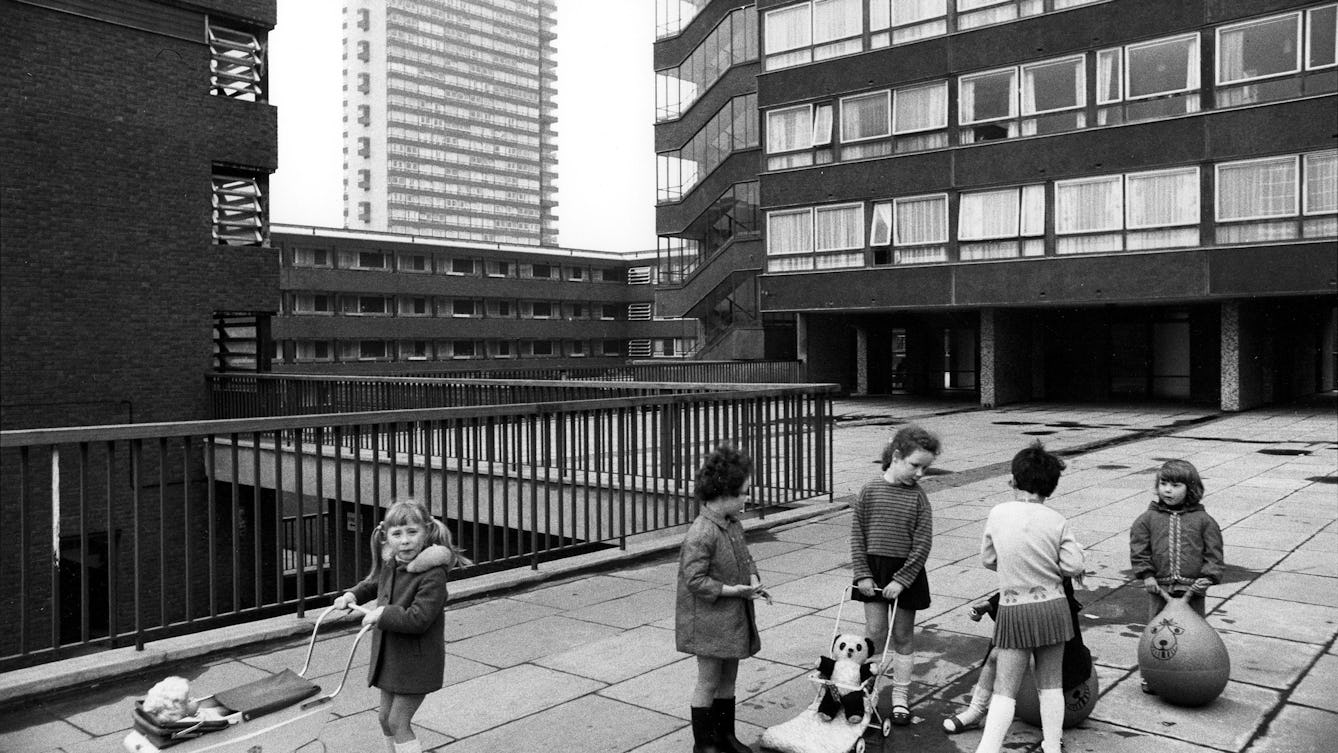
- Book extract
- Book extract
“Above resistant pavements, I floated”
In this extract from ‘Living with Buildings and Walking with Ghosts’, walk with Iain Sinclair through the streets of London.
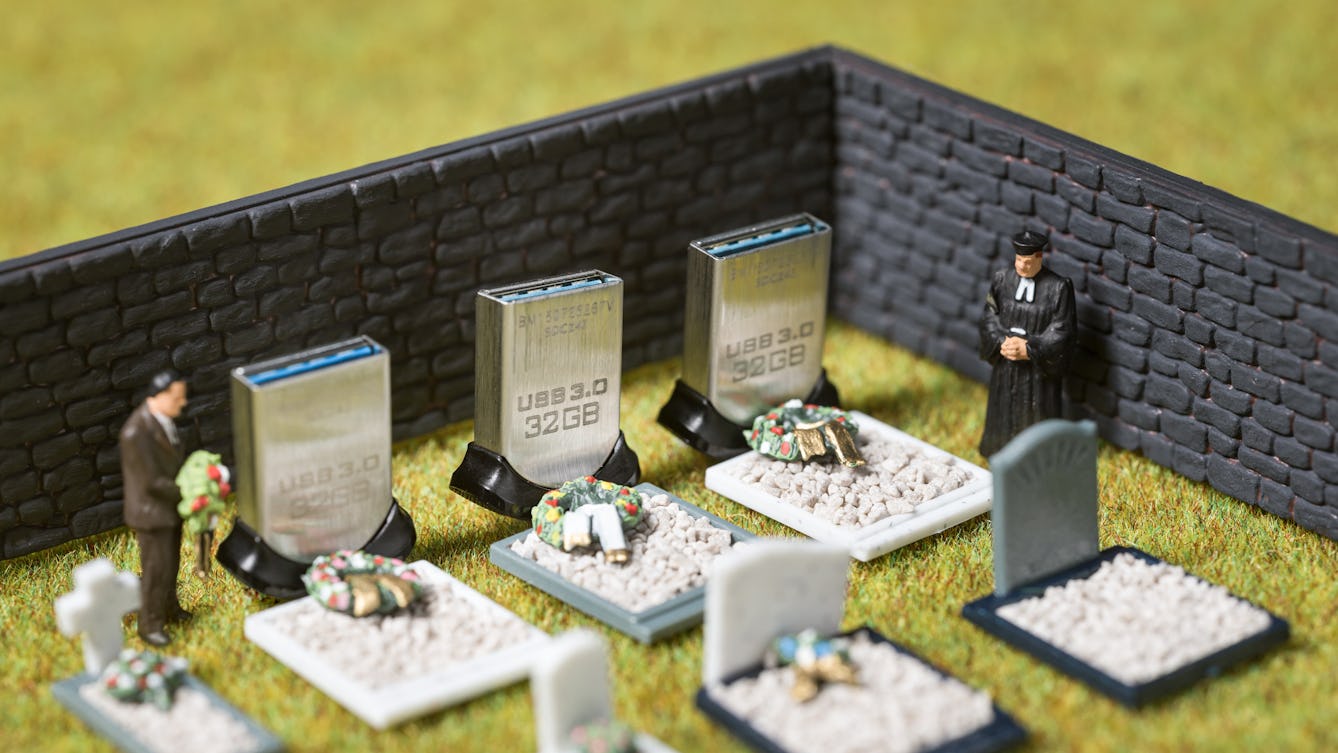
- Article
- Article
Death and our digital ghosts
When we die, our data lives on. And as companies are increasingly spotting money-making opportunities from digital legacies, now could be the time to think about – and control – yours.

- Article
- Article
Medics and the bomb
Would a nuclear attack on the UK overwhelm the NHS? At the height of the Cold War, despite government optimism, medics predicted doom.

- Article
- Article
Do good mothers make good democracy?
To be psychologically fit for democracy, one distinguished paediatrician argued that you need a ‘good enough mother’ – and that we must acknowledge the bad side of our feelings.
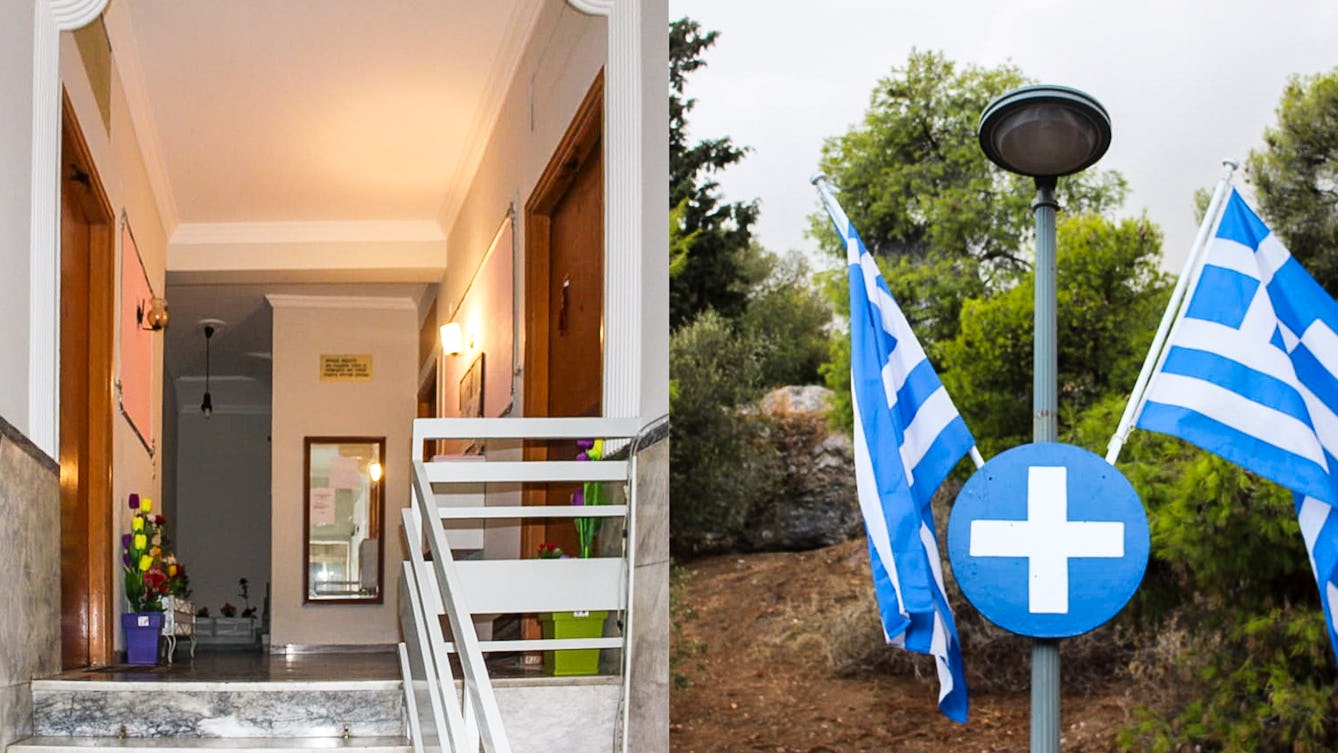
- Article
- Article
The housing that gives hope to refugees
A safe place of one’s own can be a source of healing and hope. George Kafka reports on two Athens-based projects helping displaced people by putting housing first.
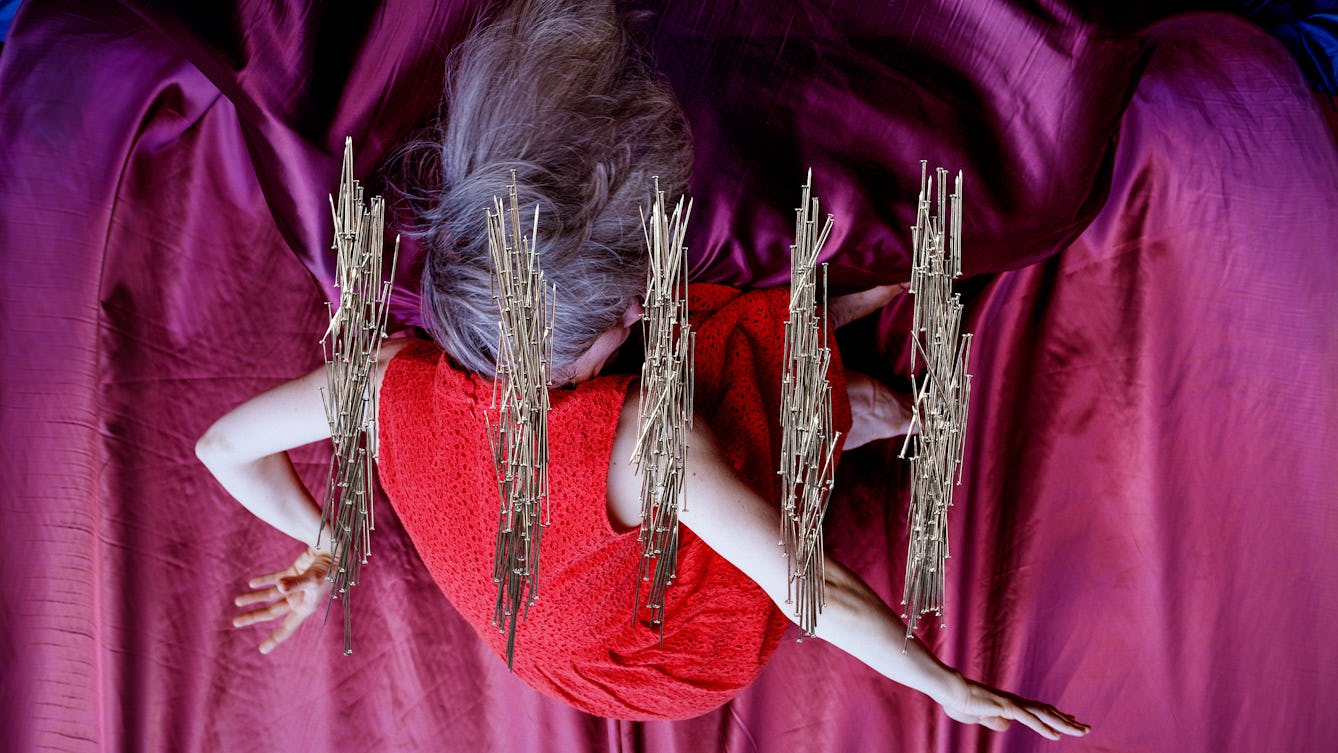
- Article
- Article
What is structural violence?
Structural violence is seemingly invisible. But its tentacles have invaded every part of many people’s lives, thoughts, experiences and expectations, shaping them in ways they don’t even realise.
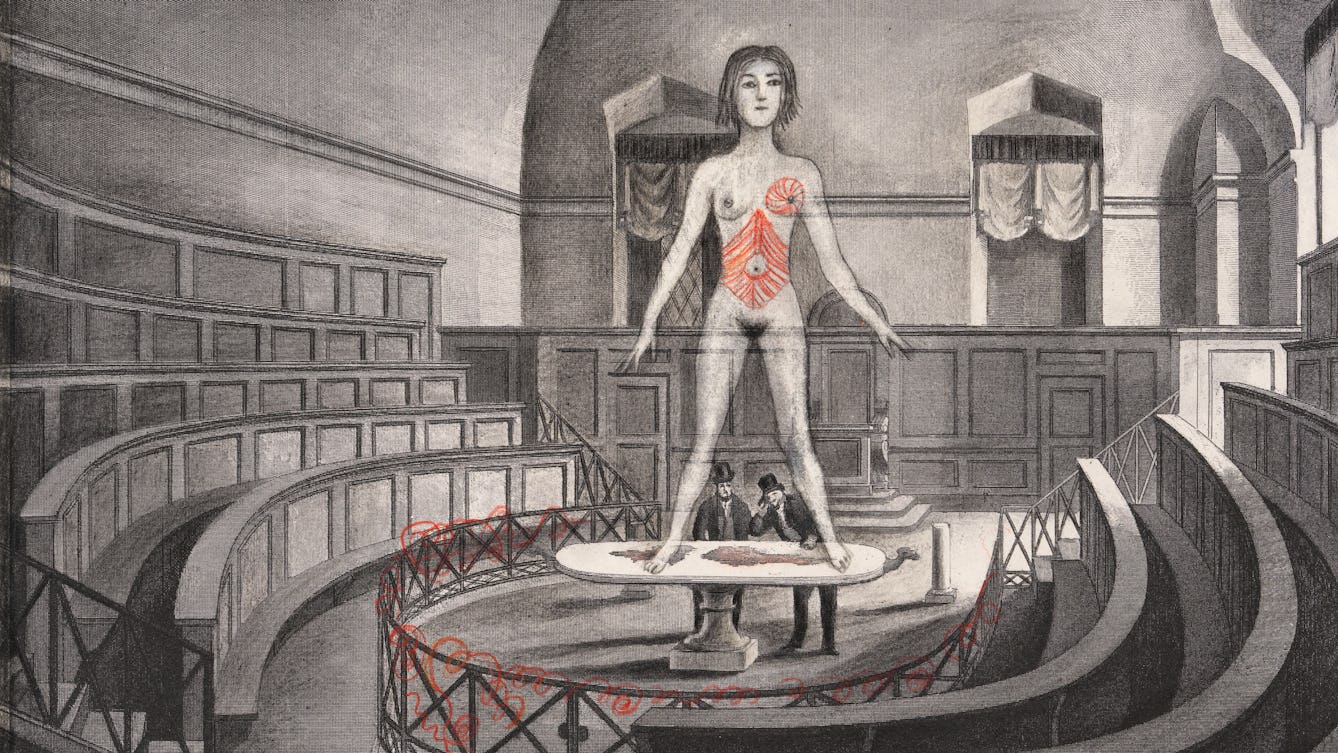
- Article
- Article
The pain that punished feminists
In a society that viewed getting the vote, and pursuing an education and career, as unnatural goals for women, the pain of endometriosis was viewed as nature’s retribution.
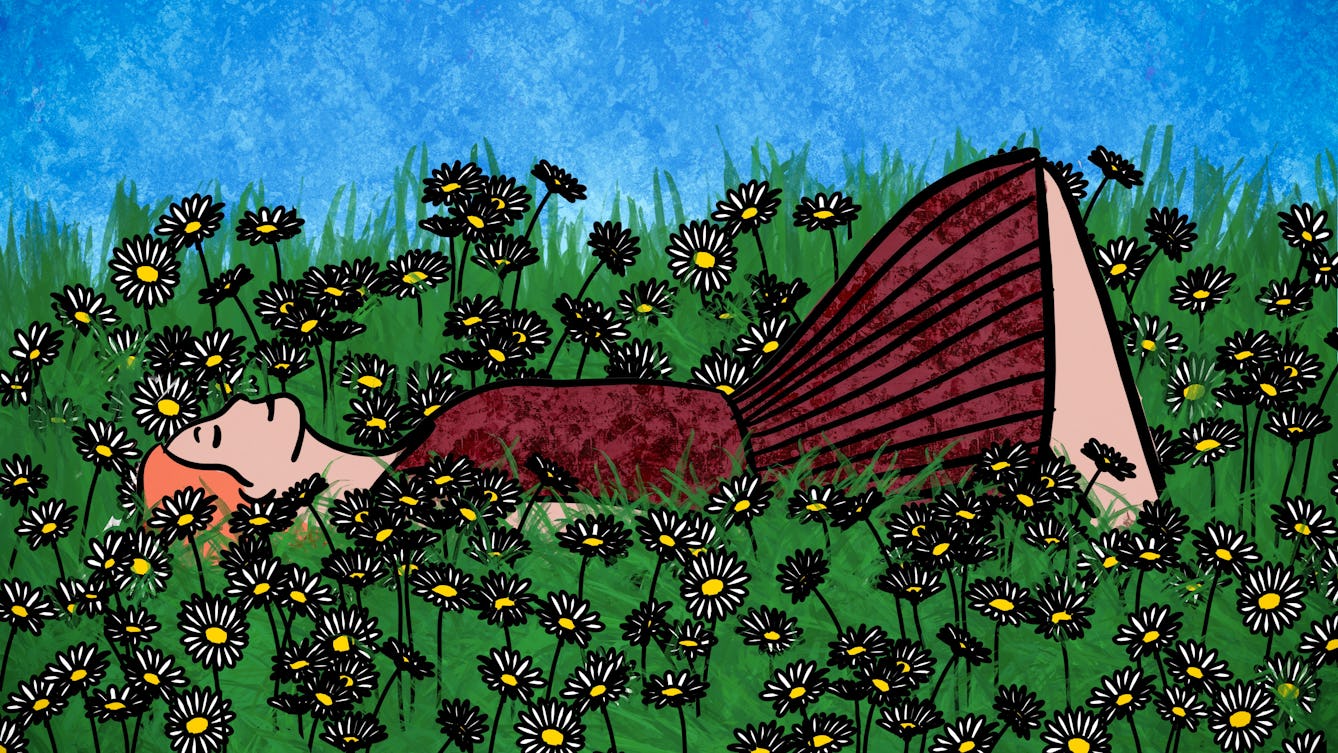
- Article
- Article
Spiritual joy
Spiritual joy can be a source of strength. Like the optimistic Pollyanna, there’s a lot to be said for finding reasons to rejoice, even in adversity.

- Article
- Article
Collecting pandemic stories
Find out how personal notebook jottings from two flatmates became ‘Journals of a Pandemic’, a comprehensive diary-keeping project encompassing dozens of writers from a wide variety of backgrounds.
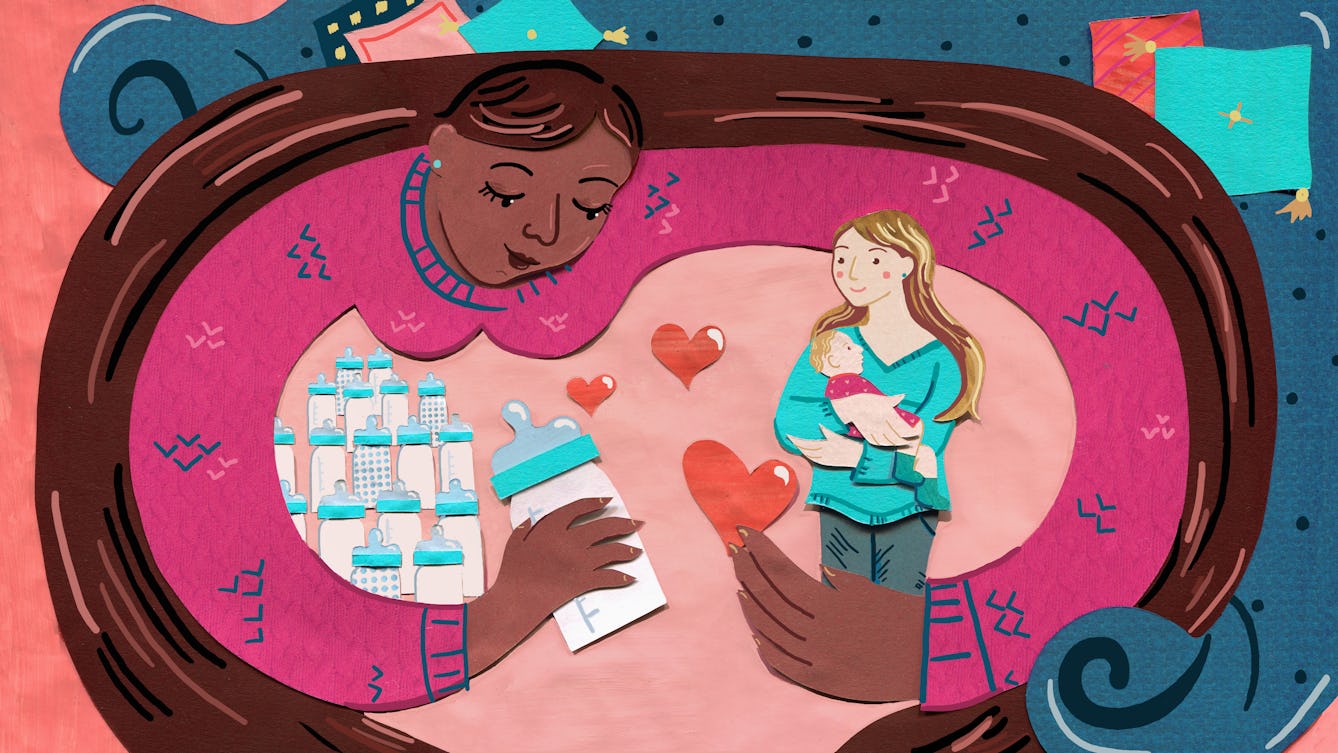
- Article
- Article
Mixed feelings and milk siblings
A friend in need has a profound effect on Alev’s feelings about women sharing their milk in this final instalment of ‘The Breastmilk Market’.

- Article
- Article
WhatsApp aunties and the spread of fake news
The advantages of WhatApp chat groups – especially as a cost-free way of keeping in touch with family around the world – make them fertile ground for the spread of bogus medical advice. Writer Rianna Walcott explores how to encourage ‘aunties’ in the community to question the truth of unattributed health hoaxes.

- Book extract
- Book extract
Inside the Cold War mind
Martin Sixsmith explores the competing national psyches of Russia and America, and a world divided between their irreconcilable visions of human nature.

- Article
- Article
Thalidomide survivors in the 21st century
As thalidomide survivors enter their 60s, they look back on their lives and the legacy of the thalidomide catastrophe.
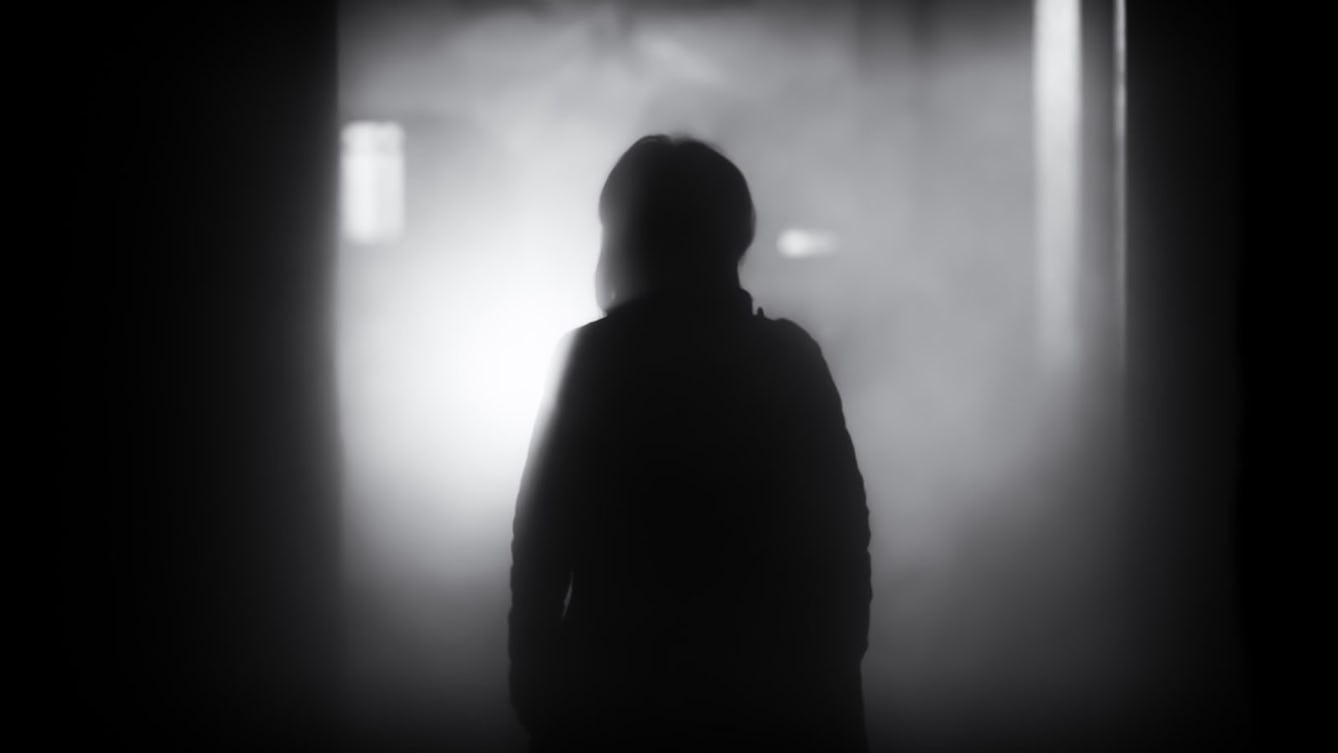
- Article
- Article
Reassuring ghosts and haunted houses
Explore the perversely comforting appeal of a ghost in the house.

- Article
- Article
Life lessons across the digital divide
What could 86-year-old Tony teach 20-something Adele as she showed him how to use his smartphone? Rather a lot about digital exclusion, it turns out.
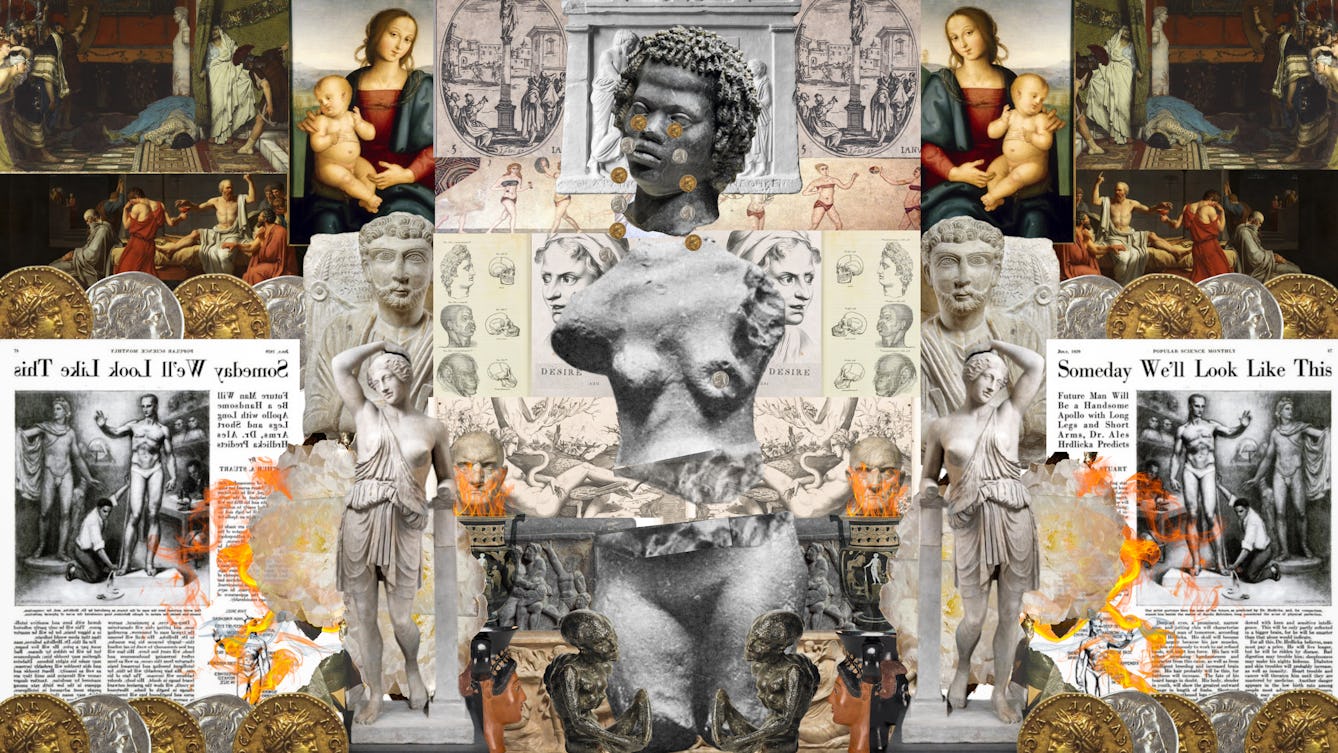
- Book extract
- Book extract
Naked, not nude
Classicist Caroline Vout argues that it’s time to take the dust covers off the Ancient Greeks and Romans, and to encounter their bodies not nude, but naked.

- Article
- Article
Leaving Mexico and finding refuge in hope
In Mexico, violence of all kinds – organised, street, domestic – is accepted as normal. From the UK, Laura Morales speaks out and fights to help those suffering back home.

- Article
- Article
Pain and the power of activism
Today, women with endometriosis have more access to better information than ever before. Jaipreet Virdi applauds the shared stories, online communities and self-help books empowering women in pain.

- Article
- Article
How writing helps me manage schizophrenia
For Erica Crompton, writing is much more than a career. It’s an essential component of her mental health toolkit.
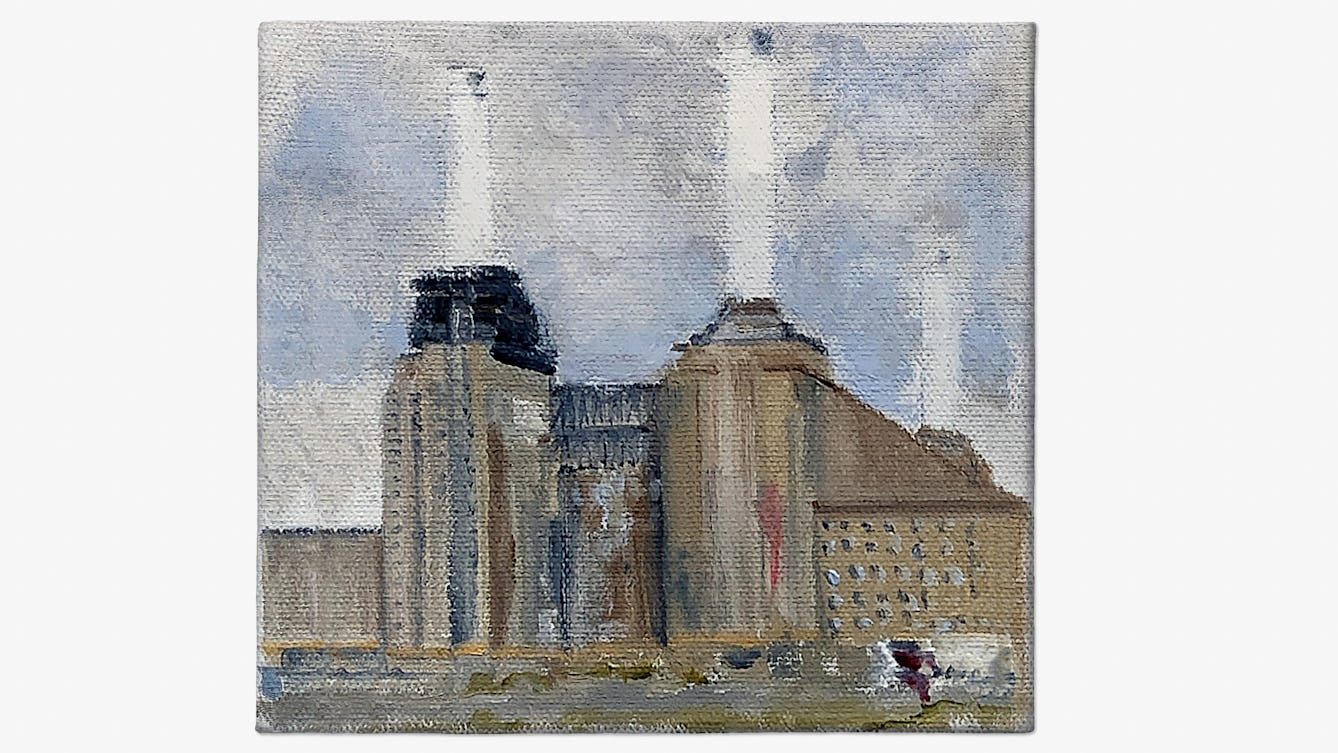
- Article
- Article
People against pollution
Alice Bell reflects on what happens when communities help solve environmental problems, and whether citizen science can help fight industrial pollution today.
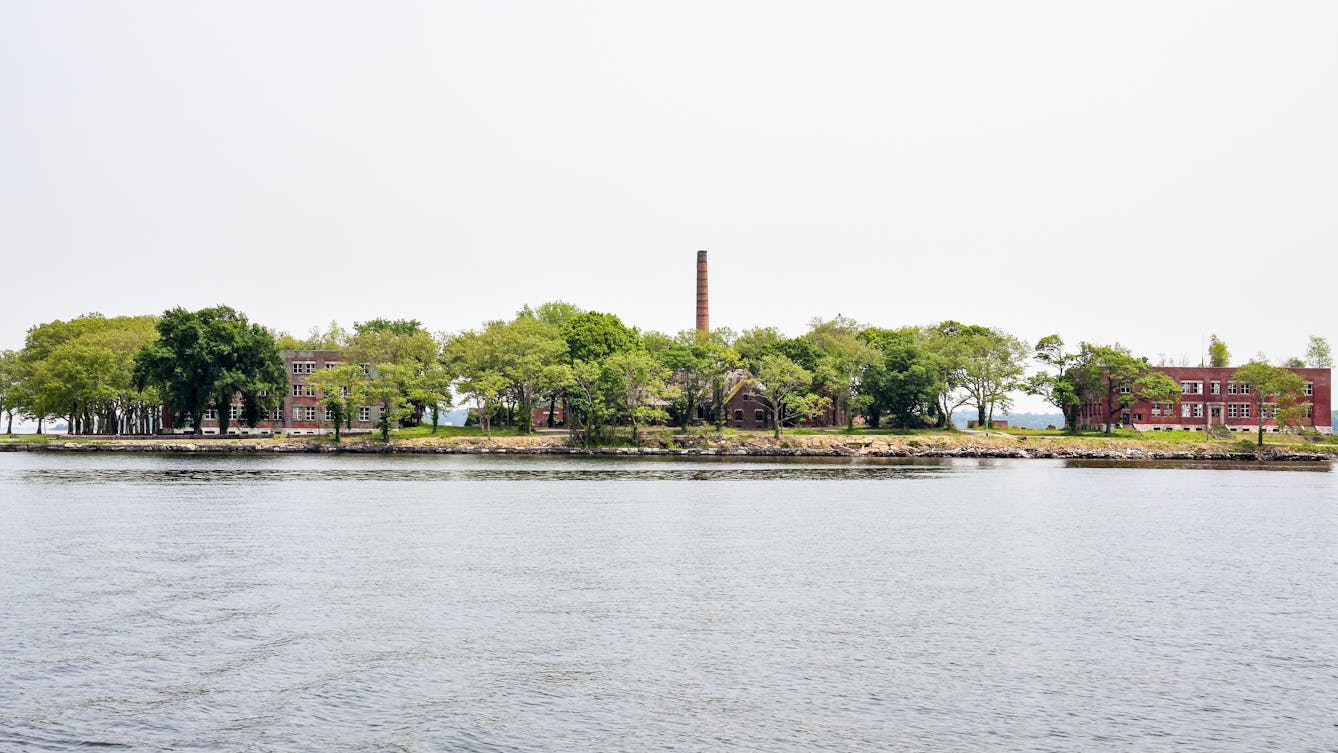
- Article
- Article
The island of unclaimed bodies
In New York, those who live and die on the extreme edges of society are buried on an isolated island, often forgotten and unmourned. But recent legal changes aim to reduce stigma and restore their dignity.
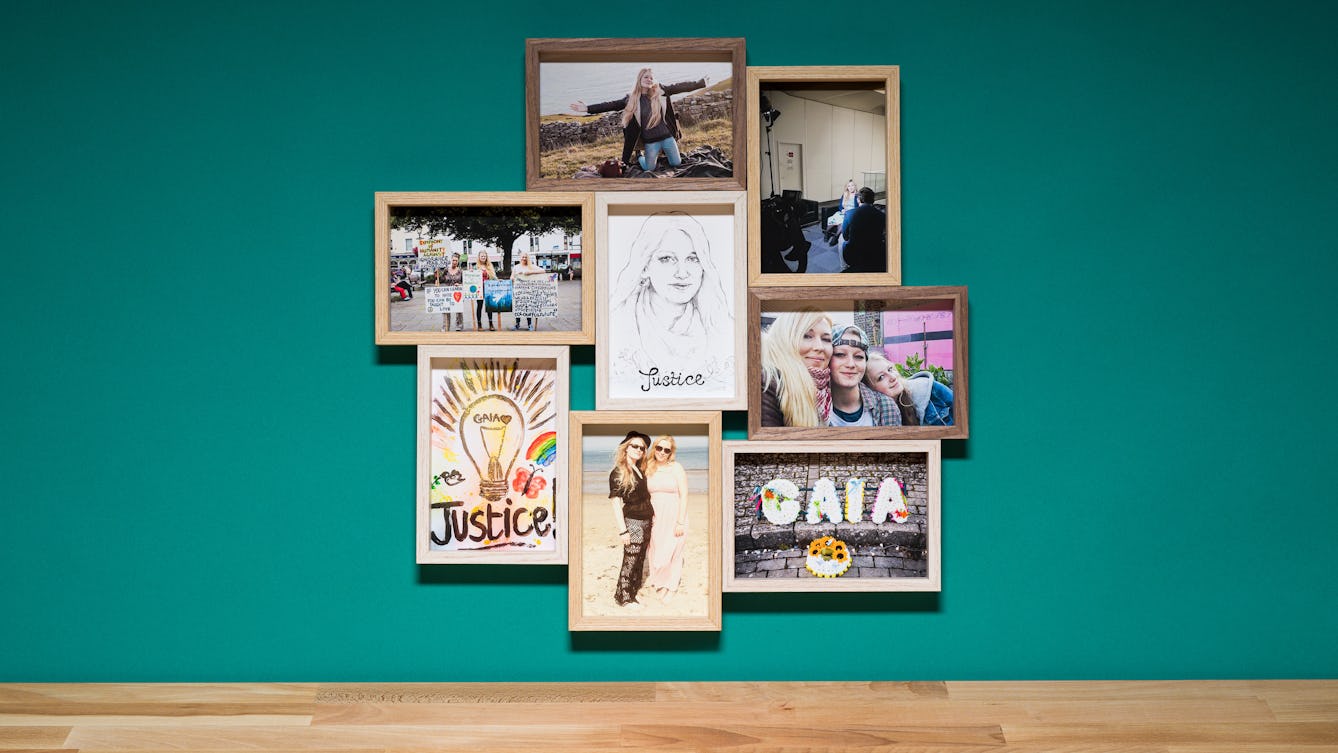
- Article
- Article
A story of death, trauma and austerity
Marienna Pope-Weidemann, whose teenage cousin Gaia died after going missing, advocates a rethink of our systems, which currently fail many in mental distress.

- Article
- Article
The unearthly children of science fiction’s Cold War
In the 1950s a new figure emerged in British novels, film and television: a disturbing young alien that revealed postwar society’s fear of the unruly power of teenagers.